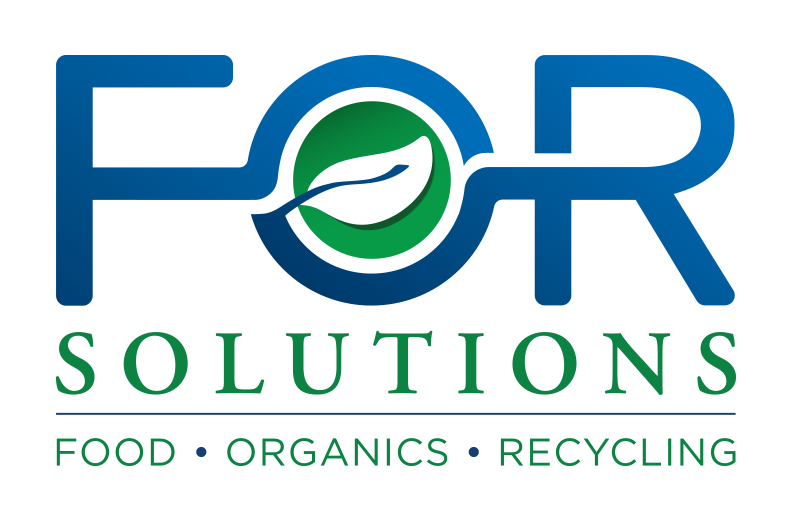Sustainability, Reconciliation, Resilience, and Local or On-site Food Composting: What’s the Connection?
Sustainability is all the rage today. Colleges and universities are offering degree programs in it. Corporations are hiring Directors, Vice Presidents, etc. of Sustainability. Google the term and over 120 million hits are found!
The reason for its popularity is because there is growing concern that human actions have degraded the life support systems of Earth so badly that the planet may no longer be able to sustain life, including ours, in the manner that we have come to know it.
The general thinking is that if more people are made aware of the issue they will adopt behaviors such as food scraps composting that are more conducive to sustainability and reject those that are not.Unfortunately, there’s not a lot of evidence to support this idea. In fact, there’s a lot of evidence to support the idea that awareness alone does not result in long-term adoption of desired behaviors.
What are Sustainability, Reconciliation, and Resilience?
Adding to the issue is the controversy that is developing over whether humanity’s objective is sustainability, reconciliation, or resilience. Sustainability is commonly defined as meeting the needs of the current generation without compromising the ability of future generations to meet their needs. Reconciliation is commonly defined as the act of causing parties (for example, humanity and the life support systems of Earth) to become friendly again after an argument or disagreement. Resilience is commonly defined as the ability to recover from disturbance or trauma to some state that resembles that which existed prior to the disturbance or trauma.
The Challenges
The challenge with the idea of sustainability is that it is all but impossible to predict what will be the needs of future generations beyond those that are absolute requisites for life: shelter, breathable air, clean water, and food. Thomas Jefferson could not have predicted, for example, the need for coltan for future generations, yet this metal is used in numerous electronic devices today. Two hundred years ago, it had no practical use; today it is practically indispensible.
The challenge with the idea of reconciliation is that both parties have to be willing to do what is necessary to restore the relationship. Earth has endured so much of how humanity has degraded its life support systems, while humans have done little to treat it respectfully except for when and how they benefit by doing so.
The challenge with the idea of resilience is that it is all but impossible to go back in time to a condition that existed in the past because nature is not static; it is constantly changing. The effects of Superstorm Sandy on the New Jersey shoreline are an excellent example. Very expensive efforts have been undertaken and continue to be undertaken to restore the boardwalks and various amusement enterprises to pre-storm condition with virtually no acknowledgement that the same devastation will likely occur again when (it is really not a question of if) a more severe storm hits the area.
The Solution
Local or on-site recovery of uneaten food followed by local or on-site composting addresses sustainability, reconciliation, and resilience. Here’s how:
• Sustainability: When discarded uneaten food is recovered, composted, and used to restore the vitality of the soil used to produce food, and the whole process occurs locally or on-site, the food system is more sustainable. It is also more equitable, fair, and just. Future generations will have similar access to food as does the current one because the effects of farmland loss and decreased agricultural productivity are mitigated.
• Reconciliation: When discarded uneaten food is recovered, composted, and used locally or onsite to restore vitality of soil that has been damaged by human actions, humans have reconciled their relationship with Earth. As far as we currently know, Earth is the only planet that has the remarkable substance known as soil. Soil is indispensible to our survival, and yet we degrade it as if it is only dirt! We offend the planet when we do so, so it is little wonder that that our relationship with the planet needs to be reconciled if we want an equitable, fair, and just food system.
• Resilience: When discarded uneaten food is recovered, composted, and used to restore vitality of soil that is used to produce food locally or on-site and that food is distributed and eaten locally or on-site, the food system is resilient. Future generations will have similar access to vital soil, as does the current one, because the compost made from the discarded uneaten food replaces any nutrients that are lost during the growth and harvesting of food, thereby restoring (and perhaps even improving) the soil to a pre-harvest condition.
It’s the proverbial win-win-win situation!
To modify slightly a sentiment of Rachel Carson, it is ironic to think that humanity might reconcile its relationship with its planetary home and determine the resilience and sustainability of its own future by changing its behavior as seemingly trivially as by the decision to compost discarded uneaten food scraps locally or on-site.


